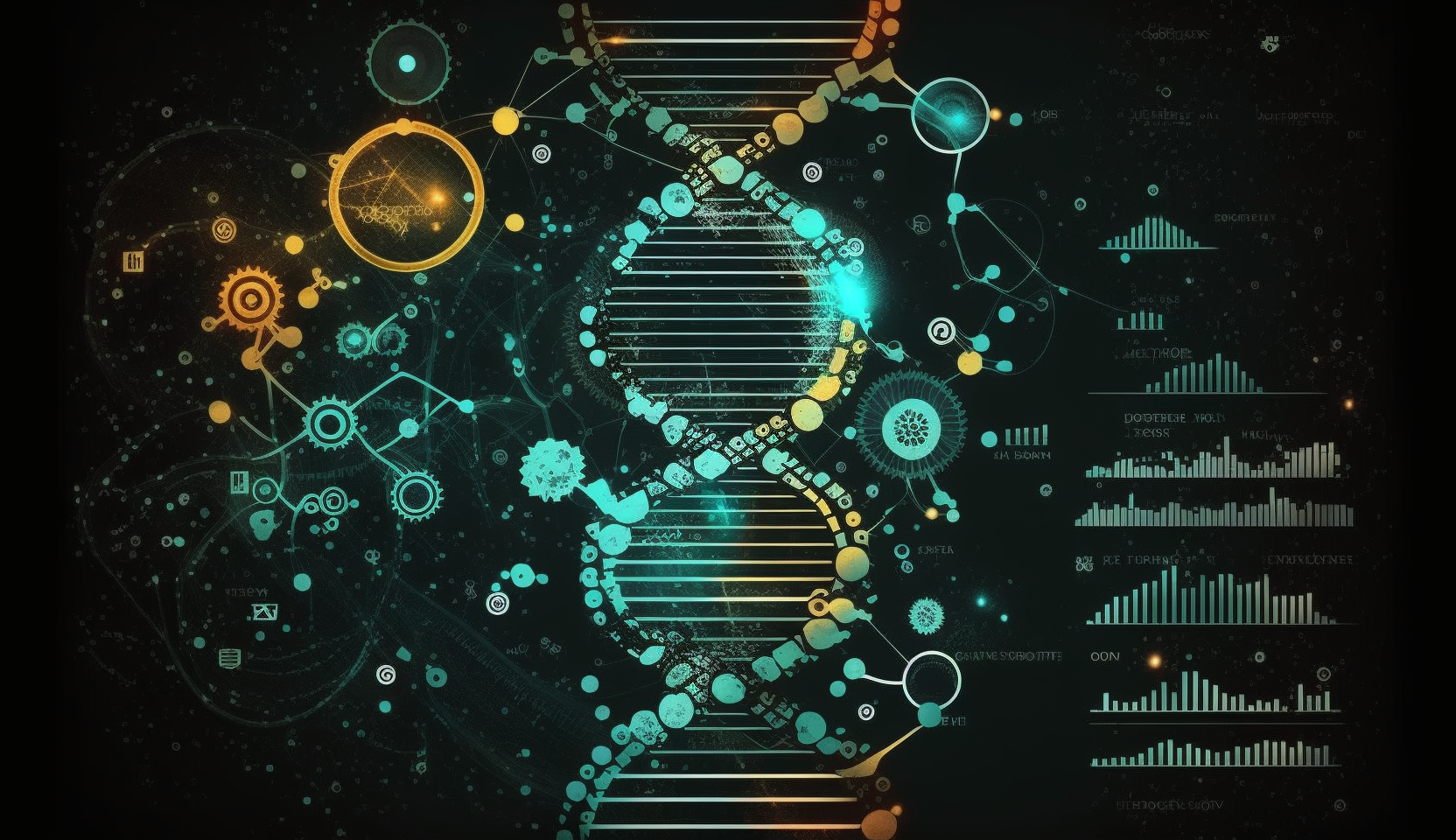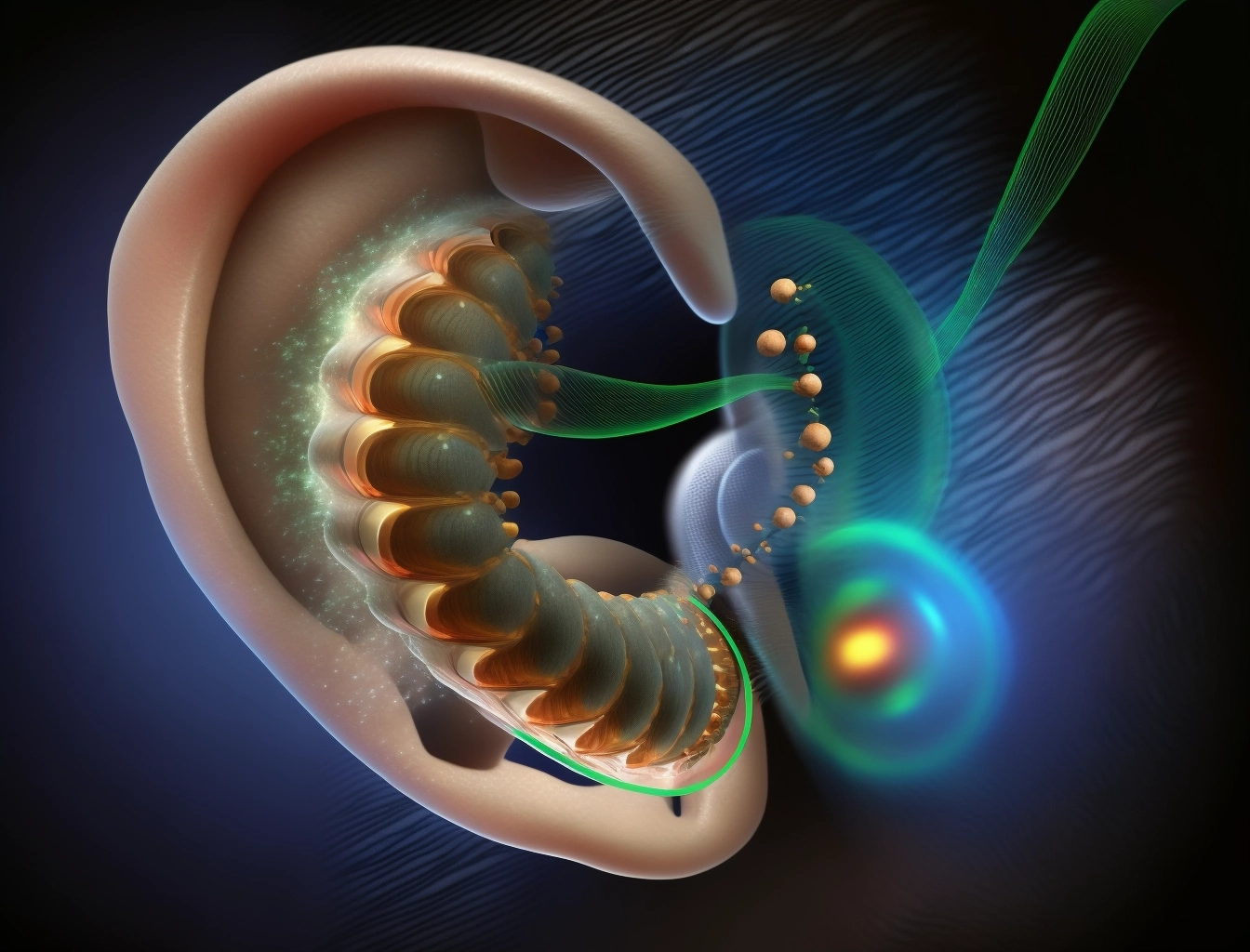| Key Points: – Regeneron to acquire 23andMe’s assets, including its vast genetic data bank, for $256 million. – The deal raises significant privacy concerns among customers and regulators. – Despite bankruptcy, 23andMe’s consumer services will continue under Regeneron’s oversight. |
In a major move with wide-reaching implications for healthcare, privacy, and small-cap investors, Regeneron Pharmaceuticals has announced its acquisition of embattled DNA-testing company 23andMe for $256 million. The deal comes as 23andMe, once valued at over $6 billion following its 2021 public debut, filed for Chapter 11 bankruptcy earlier this year after prolonged profitability issues.
The acquisition includes 23andMe’s flagship Personal Genome Service, its Total Health and Research Services businesses, and a massive biobank of consumer genetic data collected over the years. While this trove of genetic information presents an invaluable asset for advancing personalized medicine, it also ignites fresh concerns about consumer privacy, data protection, and ethical oversight.
Regeneron, a major player in biotechnology and pharmaceuticals, has committed to maintaining 23andMe’s existing privacy protections and compliance with applicable laws. A court-appointed ombudsman will oversee the company’s plans for handling consumer data, and Regeneron has pledged transparency and high standards in its management of the sensitive dataset.
“We assure 23andMe customers that we are committed to protecting the 23andMe dataset with our high standards of data privacy, security and ethical oversight and will advance its full potential to improve human health,” said Aris Baras, a senior vice president at Regeneron.
The transaction, expected to close in Q3 2025, ensures that 23andMe’s genome services will continue without interruption. However, many former customers remain uneasy. When the company filed for bankruptcy, California Attorney General Rob Bonta advised users to request deletion of their genetic data and destruction of any physical samples stored by the company.
Despite reassurances from both Regeneron and 23andMe that existing privacy policies—designed to prevent data sharing with employers, insurers, law enforcement, and public databases—will remain in effect, skepticism lingers. This is particularly relevant in an age where genetic data is increasingly valuable for drug development, disease prediction, and targeted therapies.
For small-cap investors, this deal is noteworthy for several reasons. First, it reflects a growing trend of larger pharmaceutical firms acquiring innovative—but financially struggling—startups to bolster their pipelines and data assets. Second, it highlights the inherent volatility and risks associated with investing in biotech startups, especially those that go public with limited monetization strategies.
23andMe’s rise and fall underscore the importance of business sustainability in data-centric healthcare models. Meanwhile, Regeneron’s acquisition offers a potential long-term payoff through access to a highly unique, large-scale genomic dataset that could fuel years of research and development.
Investors will be watching closely how Regeneron integrates 23andMe’s assets and navigates the complex ethical landscape surrounding personal genetic data.

